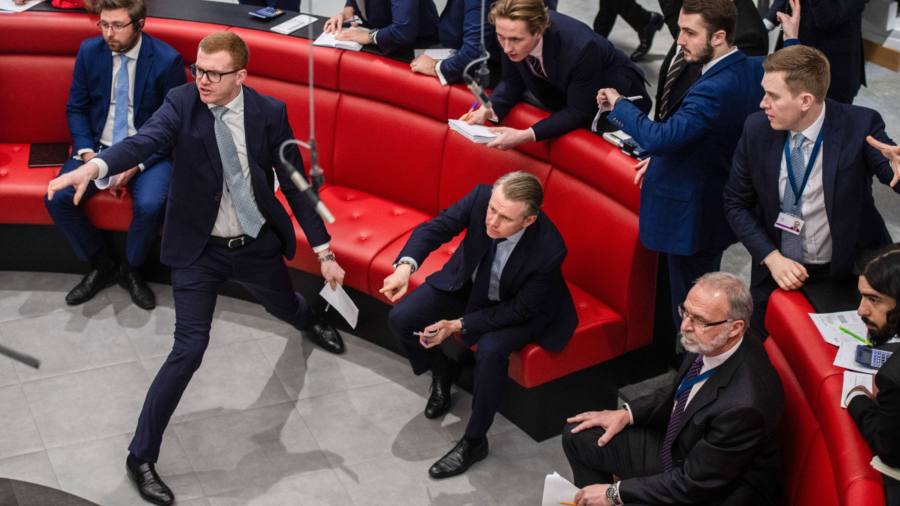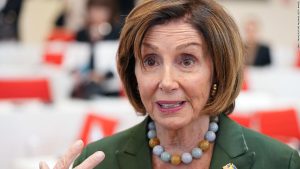
The London Metal Exchange faces new legal action over its controversial decision to cancel billions of dollars of trades earlier this year amid an unprecedented surge in the price of nickel.
AQR Capital Management, a quant hedge fund, and DRW Commodities, a major proprietary trading firm, are among five companies to have filed court application in London against the LME, a hub for metals trading since it was founded 145 years ago.
Flow Traders, Capstone Investment Advisors and Winton Capital Management are the other firms to have joined the legal action, according to court records.
AQR said in a statement that the action was intended to “seek disclosure of certain documents from the LME to enable them to assess their legal position”, adding that the exchange’s own disclosures over its decision to cancel the trades had been “piecemeal”.
The fund’s founder Cliff Asness has repeatedly attacked the decision to cancel the trades, while Don Wilson, who established DRW, has previously labelled it “one of the most inept moves an exchange has made that I can think of”.
The new claim intensifies the pressure on the LME, which is already facing a lawsuit from US hedge fund Elliott Management and Jane Street, which are together seeking almost $500mn. The LME is contesting those claims.
The LME’s decision to suspend trading on March 8 came after nickel surged as much as 250 per cent in just two days to trade briefly above $100,000 a tonne. The rise was triggered by a short squeeze as banks and brokers rushed to close part of a large position amassed by Xiang Guangda, the billionaire founder of China’s leading stainless steel producer Tsingshan Holding Group.
In its suit filed in June, Elliott accused the LME of “acting unlawfully” because it exceeded its powers when it cancelled the trades. The founders of AQR and DRW have both publicly attacked the LME’s decision, which meant some firms missed out on profits and others were left exposed in volatile markets.
In a statement in response to the new legal action, the LME said “these documents have been issued solely for the purpose of seeking pre-action disclosure from LME and LME Clear”.
It added: “We consider that application to be without merit, and we look forward to setting out our arguments opposing the application in due course.”
Under its rule book, the LME has the power to suspend trading and cancel trades in the “interest of maintaining a fair and orderly market”.
The LME has commissioned an independent review into the episode from Oliver Wyman, while the Financial Conduct Authority and the Bank of England have launched an investigation.
Following the controversy, LME’s chief executive Matthew Chamberlain reversed a decision to leave that he had made before the mayhem in the nickel market.
The LME has subsequently imposed price limits for the first time and introduced requirements for disclosure of business done over the counter via derivatives to the exchange.
The LME was taken over by Hong Kong Exchanges and Clearing in 2012 for £1.4bn but has denied its parent company had any sway over its decision to cancel the deals.

